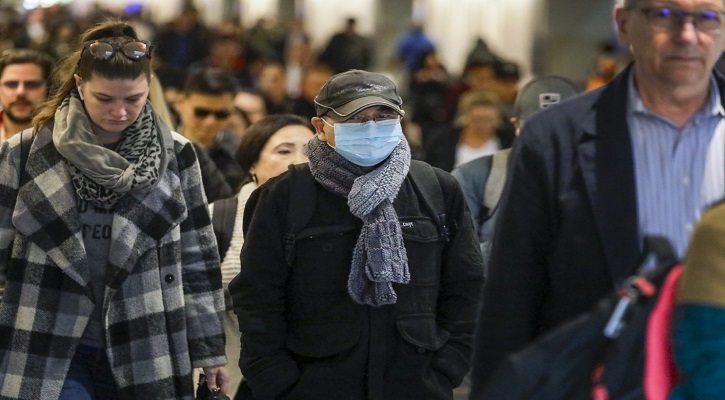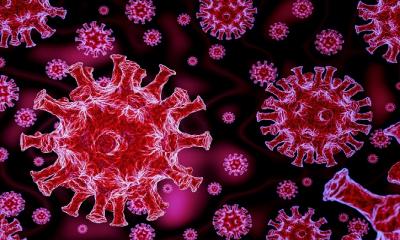
Who is at risk for serious problems from Covid19 ?
- Womenscorner Desk
- October 2, 2020
Story at a glance :
- Men seem to be more susceptible to the coronavirus than women.
- Health experts warn younger adults they are not “invincible.”
- Patients with heart and lung disease and diabetes are at increased risk of infection.
Most people (about 80%) recover from the disease without needing special treatment, and for the majority especially for children and young adults illness due to COVID-19 is generally minor. However, for some people it can cause serious illness. Around 1 in every 5 people who are infected with COVID-19 develop difficulty in breathing and require hospital care.
People who are aged over 60 years, and people who have underlying medical conditions such as diabetes, heart disease, respiratory disease or hypertension are among those who are at greater risk of developing severe or critical illness if infected with the virus. Adults ages 65 and older, as well as people of any age who have serious underlying medical conditions remain most at risk for serious complications or death from the coronavirus, according to the Centers for Disease Control and Prevention (CDC).
Read More : History Of Covid19
In China, 80 percent of deaths were among people in their 60s and older, and in Italy, more than 80 percent of deaths so far were among those 70 or older, according to the Associated Press. But health officials have warned that it is not just the elderly who are at risk. Think fast! Follow Changing America on Facebook and Twitter to get the latest news and smartest insights. Dr. Mike Ryan, the World Health Organization’s (WHO) emergencies chief, cautioned last week that the idea that the coronavirus is “purely” a disease that is fatal to senior citizens is an idea “we need to be very, very careful with.”
Ryan said as much as 10 to 15 percent of people younger than 50 experience moderate to severe infection, and middle-aged patients can spend weeks in the hospital recovering. “Today, I have a message for young people: You are not invincible,” WHO Director-General Tedros Adhanom Ghebreyesus warned earlier this month, after it was reported more than half of the first 300 patients admitted to intensive care units in France were under 60.
Read More : Supporting Older People During the COVID-19 Pandemic is Everyone’s Duty
Italy has reported a quarter of its cases were among people ages 19 to 50, and in Spain, a third of cases were under the age of 44. In the U.S., the CDC’s first snapshot of cases found 29 percent were ages 20 to 44, the AP reports.
In terms of underlying health issues, 40 percent of patients in China who required critical care had other chronic health problems, and deaths were highest among people with heart and lung disease and diabetes. Italy reported nearly half of those who died had three or more underlying issues, and just two percent of deaths were in people with no preexisting conditions, according to AP.
Meanwhile, it appears gender plays a role, as researchers believe men could be more susceptible. In Italy, men made up almost 60 percent of confirmed cases of the virus and more than 70 percent of those who have died, according to the country’s main public health research agency. Similar reports have come out of China, South Korea and other parts of Asia.
Read More : Can COVID Symptoms Come and Go?
Scientists say there could be a number of factors contributing to why men may be more vulnerable to COVID-19, the disease caused by the novel coronavirus. Some are biological for example, women have a stronger immune response to viral infections, particularly of the respiratory tract.
During the SARS outbreak, more men were infected than women, and researchers at the University of Iowa carried out a study on mice that found male mice were more susceptible to the virus than females. Researchers attributed the results to hormones like estrogen.
Men in Italy, China and South Korea are also more likely to smoke and drink and have a lower life expectancy than women. Men in these countries die more frequently from respiratory disease, heart disease and other illnesses thought to complicate coronavirus infections.








